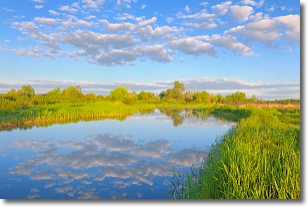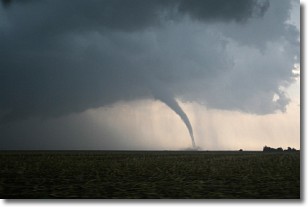Weather Alert in Indiana
Extreme Heat Watch issued June 21 at 4:02AM EDT until June 24 at 8:00PM EDT by NWS Northern Indiana
AREAS AFFECTED: Elkhart; Lagrange; Steuben; Noble; De Kalb; Starke; Pulaski; Marshall; Fulton; Whitley; Allen; White; Cass; Miami; Wabash; Huntington; Wells; Adams; Grant; Blackford; Jay; Northern La Porte; Eastern St. Joseph; Northern Kosciusko; Southern La Porte; Western St. Joseph; Southern Kosciusko; Cass; St. Joseph; Branch; Hillsdale; Northern Berrien; Southern Berrien; Williams; Fulton; Defiance; Henry; Paulding; Putnam; Van Wert; Allen
DESCRIPTION: * WHAT...For the Heat Advisory, heat index values up to 102 expected. For the Extreme Heat Watch, dangerously hot conditions with heat index values up to 105 possible. * WHERE...Portions of northern Indiana, southwest Michigan, and northwest Ohio. * WHEN...For the Heat Advisory, from noon EDT /11 AM CDT/ today to 8 AM EDT /7 AM CDT/ Sunday. For the Extreme Heat Watch, from Sunday morning through Tuesday evening. * IMPACTS...Heat related illnesses increase significantly during extreme heat and high humidity events. Hot temperatures and high humidity may cause heat illnesses. * ADDITIONAL DETAILS...Cumulative effects of long-duration heat will likely cause significant impacts, especially since it is the first heat wave of the season. Low temperatures in the 70s will provide little relief, especially for vulnerable populations.
INSTRUCTION: Drink plenty of fluids, stay in an air-conditioned room, stay out of the sun, and check up on relatives and neighbors. Monitor the latest forecasts and warnings for updates. To reduce risk during outdoor work, the Occupational Safety and Health Administration recommends scheduling frequent rest breaks in shaded or air conditioned environments. Anyone overcome by heat should be moved to a cool and shaded location. Heat stroke is an emergency! Call 9 1 1.
Want more detail? Get the Complete 7 Day and Night Detailed Forecast!
Current U.S. National Radar--Current
The Current National Weather Radar is shown below with a UTC Time (subtract 5 hours from UTC to get Eastern Time).

National Weather Forecast--Current
The Current National Weather Forecast and National Weather Map are shown below.

National Weather Forecast for Tomorrow
Tomorrow National Weather Forecast and Tomorrow National Weather Map are show below.

North America Water Vapor (Moisture)
This map shows recent moisture content over North America. Bright and colored areas show high moisture (ie, clouds); brown indicates very little moisture present; black indicates no moisture.

Weather Topic: What are Stratocumulus Clouds?
Home - Education - Cloud Types - Stratocumulus Clouds
 Next Topic: Stratus Clouds
Next Topic: Stratus Clouds
Stratocumulus clouds are similar to altocumulus clouds in their
fluffy appearance, but have a slightly darker shade due to their additional mass.
A good way to distinguish the two cloud types is to hold your hand out and measure
the size of an individual cloud; if it is the size of your thumb it is generally
an altocumulus cloud, if it is the size of your hand it is generally a
stratocumulus cloud.
It is uncommon for stratocumulus clouds to produce precipitation, but if they do
it is usually a light rain or snow.
Next Topic: Stratus Clouds
Weather Topic: What are Wall Clouds?
Home - Education - Cloud Types - Wall Clouds
 Next Topic: Altocumulus Clouds
Next Topic: Altocumulus Clouds
A wall cloud forms underneath the base of a cumulonimbus cloud,
and can be a hotbed for deadly tornadoes.
Wall clouds are formed by air flowing into the cumulonimbus clouds, which can
result in the wall cloud descending from the base of the cumulonimbus cloud, or
rising fractus clouds which join to the base of the storm cloud as the wall cloud
takes shape.
Wall clouds can be very large, and in the Northern Hemisphere they generally
form at the southern edge of cumulonimbus clouds.
Next Topic: Altocumulus Clouds
Current conditions powered by WeatherAPI.com




